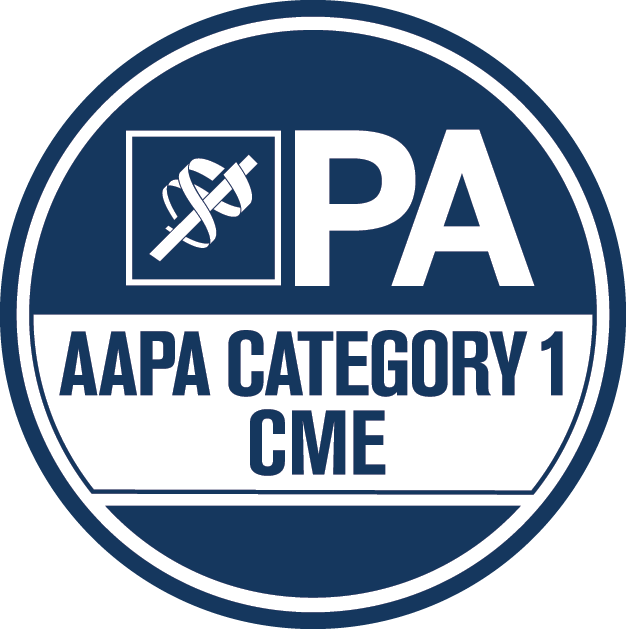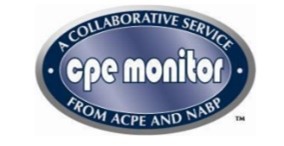Announcer:
Welcome to CME on ReachMD. This episode is part of our MinuteCE curriculum.
Prior to beginning the activity, please be sure to review the faculty and commercial support disclosure statements as well as the learning objectives.
Dr. Strassnig:
This is CME on ReachMD and I'm Dr. Martin Strassnig. Here with me today is Dr. Philip Harvey.
Phil, can you tell us what tools are used to identify cognitive impairment in schizophrenia?
Dr. Harvey:
Yeah, there are several levels of assessment strategies that are employed to measure cognitive impairment in schizophrenia. For clinical trials aimed at treatment outcome studies, there's a comprehensive outcome assessment called the MATRICS Consensus Cognitive Battery [MCCB], which has 10 different tests built into it measuring the whole array of cognitive impairment seen in schizophrenia. These are standardized neuropsychological tests. It takes a while to administer them, so this is not a practitioner-oriented battery. Even those of us who assess people with schizophrenia clinically rarely use the full MCCB. One of the reasons for that is the MCCB tends to be unidimensional, that cognitive impairments, probably driven by a single driver, which is NMDA receptor hypoactivity downregulating dopamine in the cortex, tends to drive a unifactorial single-domain impairment. So shorter assessments are feasible. We’ve discovered in the past that 2 or 3 assessments, some of them taking only 2 or 3 minutes each, are feasible to collect a lot of information about people with schizophrenia, and they might be more practical in a medical practitioner’s office, compared to a neuropsychologist’s practice.
I think it's important to keep in mind, though, that as a practitioner, you want to know how someone's cognitive functioning is working, and we also know that interview-based assessments of cognitive performance can be effective as long as you get an informant who can tell you enough information about the patient.
Some patients don't have very good informants, and patients themselves are very poor self-evaluators in terms of cognitive functioning to the point where I would argue that asking someone with schizophrenia about their cognitive functioning doesn't really get you any useful information. However, interviewing an informant, a relative who could give you information about the person's ability to perform cognitively demanding functionally relevant tasks would be really important. And structured assessments of functional capacity include some of these tasks, like can the patient carry on with a conversation? Does the patient get lost frequently? Is the person able to organize themself to, like, get their laundry done, or to cook a meal or something like that? So from the perspective of a clinician, one would need to think about function, assess cognitively relevant functional tasks, interview people who know the patient and get information about their functioning, which allows you to infer cognitive impairment from that. So we've got some very high-intensity research tools, but the strategy for a clinician has already been proven to be effective. If you ask the right person the right question, you get an answer that's valid.
Dr. Strassnig:
I think that that's important to start implementing, right? The MCCB, the BACS [Brief Assessment of Cognition in Schizophrenia], and whatnot, yeah, they're very good and sensitive research tools, but how does that translate into clinical practice, like the practice of a, let's say, an average office psychiatrist, right? How do you actually get to the cognitive impairment that's so crucial for predicting or causing disability in schizophrenia.
What do you think, Phil, are the most important couple of steps, if you will, for an average practitioner to undertake in order to get a salient, if you will, assessment of cognition in a patient?
Dr. Harvey:
Well, one of the really important functional skills appears to be organizing everyday activities. A number of people, including us and you, have done research on things like meal preparation and dietary functioning, and those are really important things. If a patient can organize a shopping list, go out, shop, and then prepare a meal, that avoids having them eating their food at 7-Eleven. So I think it's important to think about organized elements of sequential activities, which can be assessed by asking relatives. And there are structured assessment strategies to interview relatives with that take only a very few minutes, less than even the shortest neuropsychological test.
Dr. Strassnig:
Well, I guess this has been a brief but great discussion. I hope you found this information useful and thank you for tuning in.
Announcer:
You have been listening to CME on ReachMD. This activity is provided by TotalCME, LLC. and is part of our MinuteCE curriculum.
To receive your free CME credit, or to download this activity, go to ReachMD.com/CME. Thank you for listening.


 In support of improving patient care, Global Learning Collaborative (GLC) is jointly accredited by the Accreditation Council for Continuing Medical Education (ACCME), the Accreditation Council for Pharmacy Education (ACPE), and the American Nurses Credentialing Center (ANCC) to provide continuing education for the healthcare team.
In support of improving patient care, Global Learning Collaborative (GLC) is jointly accredited by the Accreditation Council for Continuing Medical Education (ACCME), the Accreditation Council for Pharmacy Education (ACPE), and the American Nurses Credentialing Center (ANCC) to provide continuing education for the healthcare team. Global Learning Collaborative (GLC) has been authorized by the American Academy of PAs (AAPA) to award AAPA Category 1 CME credit for activities planned in accordance with AAPA CME Criteria. This activity is designated for 1.0 AAPA Category 1 CME credit. Approval is valid until April 30, 2025. PAs should claim only the credit commensurate with the extent of their participation in the activity.
Global Learning Collaborative (GLC) has been authorized by the American Academy of PAs (AAPA) to award AAPA Category 1 CME credit for activities planned in accordance with AAPA CME Criteria. This activity is designated for 1.0 AAPA Category 1 CME credit. Approval is valid until April 30, 2025. PAs should claim only the credit commensurate with the extent of their participation in the activity.

